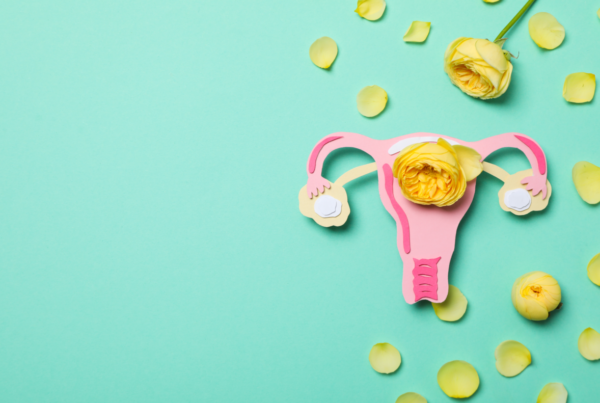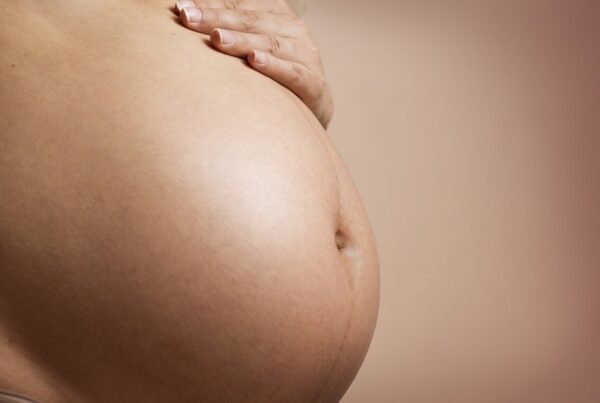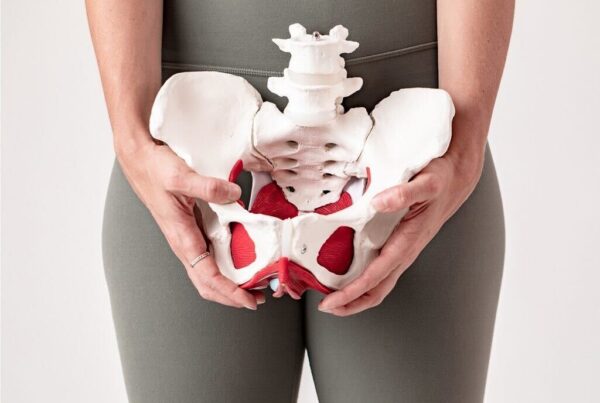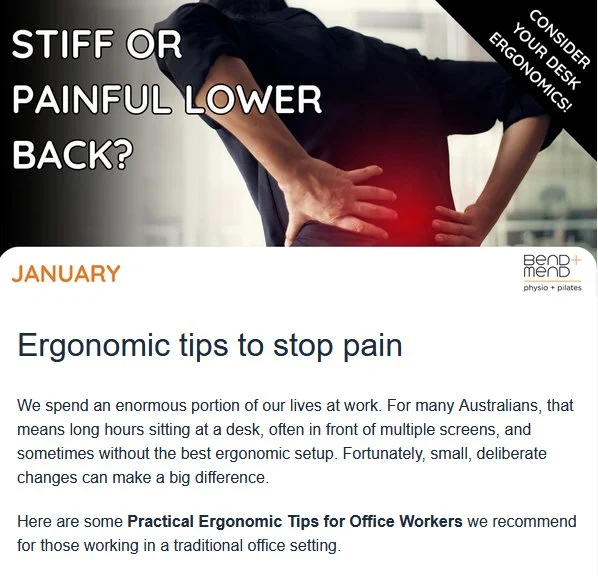Firstly, before we discuss the UR-CHOICE study, it is important to note that life is unpredictable and as much as we can try and predict the potential complications that may or may not happen in childbirth, sometimes things are just out of our control. In saying this, I believe that it is extremely important that pre-natal women are as informed as possible so they can make the right decision for them and their baby. Factors such as the baby’s health must come into consideration and depending on other factors may supersede any pelvic floor risk factors discussed below.
The UR-CHOICE study by Wilson et al. 2014, set out to try and work out which pre-natal women are at a low, medium or high risk of certain complications in childbirth. If we could work this out then the goal would be that more women are making informed birth choices, less women are having significant childbirth complications and of the women who do have significant childbirth complications, they are understood better.
UR-CHOICE stands for?
U – Urinary incontinence before pregnancy
R – Race / Ethnicity
C – Childbearing started at what age?
H – Height (mother’s height)
O – Overweight (weight of mother, BMI)
I – Inheritance (family history)
C – Children (number of children desired)
E – Estimated fetal weight
All of the above factors have been researched and identified as predictors in pre-natal women for sustaining pelvic floor dysfunction. Wilson et al. 2014 stated: “We believe that the UR-CHOICE score should be estimated for every pregnant woman antenatally between 37 and 38 weeks to help with the prevention of pelvic floor dysfunction.”
Questions that are commonly asked to me in the clinic are:
“Why didn’t someone tell me before that this could have happened?”
“Could there have been a way to predict this before childbirth?”
“Could I have prevented this?”
I think as health professionals, we have a duty of care to our patients to provide as much information as possible for them to make as an informed decision as possible. It is my goal as a Women’s Health Physiotherapist to ensure that I help my patients make an informed choice and do what they believe is the best decision for them and their baby. If you have any questions or concerns or you want to know more about the UR-CHOICE predictive study then come and see Bonnie, our Women’s Health Physiotherapist at Bend + Mend Physiotherapy in Sydney’s CBD.





